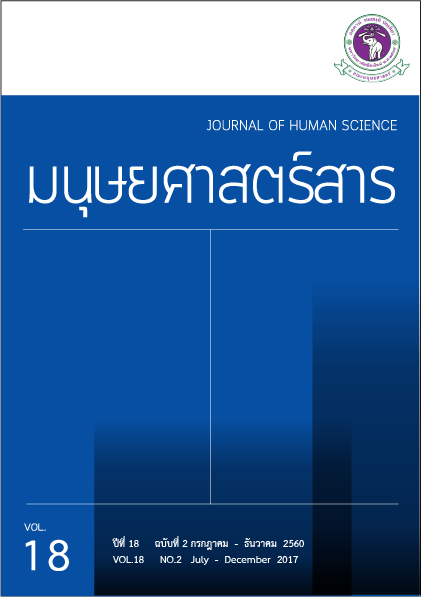Mestiza Reality and the Dream of Philippine Nationalism in Nick Joaquin’s The Woman Who Had Two Navels
Main Article Content
Abstract
This paper explores the trajectory of Filipinas in the development of Philippine national identity in the allegorical short story, “The Woman Who Had Two Navels” by Nick Joaquin, a renowned Filipino writer. In this story, set in the early years of Philippine national formation, the female protagonists negotiate their mestiza identity which is fraught with the contradictions of the country’s multiple colonialisms. On the other hand, Joaquin’s portrayal of the male characters and their interactions with the female protagonists reflect the failure of masculinist Philippine nationalism. Within a feminist postcolonial theoretical context, my paper argues that Joaquin’s extensive use of symbolism helps reiterate the idea of woman as nation/motherland. When the men fail twice to protect the Philippines from imperialist invasions and eventually leave the country, it is time for women to take initiative.The recurring images of women either in the depiction of a woman-like mountain or in the form of seductive women chasing male Filipino expatriates in Hong Kong is a potent metaphor for the Philippines, a bereaved mother/nation beckoning young Filipinos to come back to the Philippines to restore nationhood. Although returning to the Philippines seems impossible for the male characters, the author Joaquin posits that Philippine nationalism is indeed an ongoing process which can be achieved only when both men and women collaborate in their attempts to reconcile the fractures and incongruities found at both personal and national levels.

